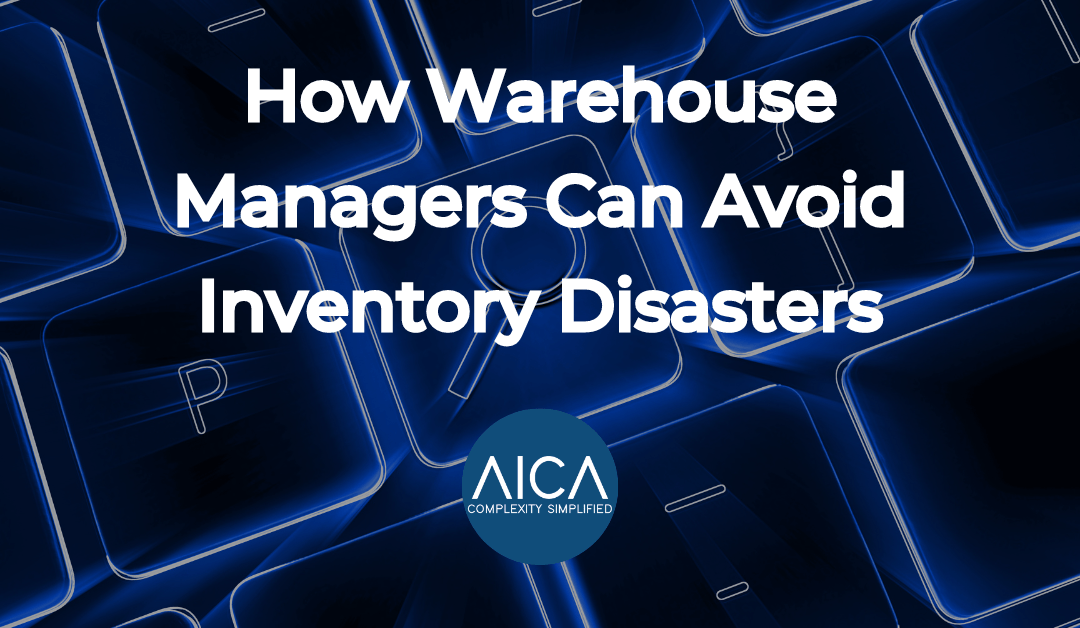The ability to maintain accurate inventory levels is critical to ensuring smooth operations, meeting customer demand, and optimising costs. Yet, one of the most common and frustrating challenges that warehouse managers face is the reliance on inaccurate product data.
This seemingly small issue can have far-reaching consequences, leading to stockouts, overstocking, and ultimately, a hit to the bottom line.
Inaccurate Product Data and Its Consequences
At its core, inaccurate product data disrupts the delicate balance of supply and demand. When product data is incorrect—whether due to human error, outdated information, or poor data management practices—warehouse managers are left to make decisions based on faulty information. This can result in:
- Stockouts: When inventory data incorrectly indicates that stock is available, orders may be placed that cannot be fulfilled, leading to stockouts. This not only disappoints customers but also damages the business’s reputation and could result in lost sales.
- Overstocking: On the flip side, if data suggests that inventory levels are lower than they actually are, additional stock may be ordered unnecessarily. This leads to overstocking, which ties up capital in unsold goods, increases storage costs, and raises the risk of inventory obsolescence.
- Inefficient Operations: Inaccurate product data forces warehouse managers to spend more time manually reconciling inventory discrepancies, slowing down the entire operation. This inefficiency can ripple through the supply chain, causing delays and increasing costs.
- Increased Waste: Perishable or time-sensitive products are particularly vulnerable to data inaccuracies. Overstocking such items can result in expired goods that must be discarded, leading to waste and environmental impact.
Examples of Inaccurate Product Data Issues
Understanding the specific types of inaccurate product data can help in addressing the root causes of these inventory issues. Here are some common examples:
- Incorrect Dimensions and Weight: If the product data lists incorrect dimensions or weight, it can lead to inefficiencies in space utilisation and shipping. For instance, underestimating the size of a product could result in inadequate storage space, while overestimating it may lead to underutilised capacity.
- Mismatched SKUs: Stock-keeping units (SKUs) that are incorrectly assigned or duplicated can cause confusion in inventory tracking. This often leads to products being misplaced, resulting in either stock outs or overstocking.
- Outdated Product Descriptions: When product descriptions are not updated to reflect changes in packaging, product design, or contents, it can lead to errors in picking and packing, further exacerbating the problem of inaccurate inventory levels.
- Inconsistent Data Across Systems: If product data is not consistently updated across all systems—from warehouse management software (WMS) to enterprise resource planning (ERP) systems—discrepancies will arise, making it difficult to maintain accurate inventory counts.
AICA’s Data Cleansing and Maintenance Services
Given these challenges, it’s clear that accurate and consistent product data is essential for effective warehouse management. This is where AICA comes in.
AICA specialises in helping warehouse managers cleanse and maintain accurate product data. Our solutions are designed to eliminate the root causes of data inaccuracies and ensure that your inventory records are always up-to-date, accurate, and consistent across all systems. Here’s how we can assist:
- Data Cleansing: We offer comprehensive data cleansing services that identify and correct inaccuracies in your product data, including correcting dimensions, weights, SKUs, and descriptions. This process helps eliminate the errors that lead to stockouts and overstocking.
- Automated Data Management: AICA provides API solutions that help automate the process of updating and maintaining product data across all systems. This ensures that all stakeholders have access to consistent and accurate information, reducing the risk of discrepancies.
- Scalability: Whether you manage a single warehouse or a global network of facilities, AICA’s solutions are scalable to meet your needs. Our services grow with your business, ensuring that your data remains accurate as your operations expand.
Conclusion
In the modern warehouse, the accuracy of your product data is as important as the products themselves. Inaccurate data leads to stockouts, overstocking, and inefficiencies that can harm your business.
By partnering with AICA, warehouse managers can take control of their product data, ensuring that inventory levels are accurate, operations are efficient, and customers are satisfied.
Don’t let inaccurate product data be the Achilles’ heel of your warehouse. Reach out to us today to learn how we can help you maintain the accuracy and consistency of your product data, driving better business outcomes.
Copyright Reserved © AICA Data International Ltd 2024
